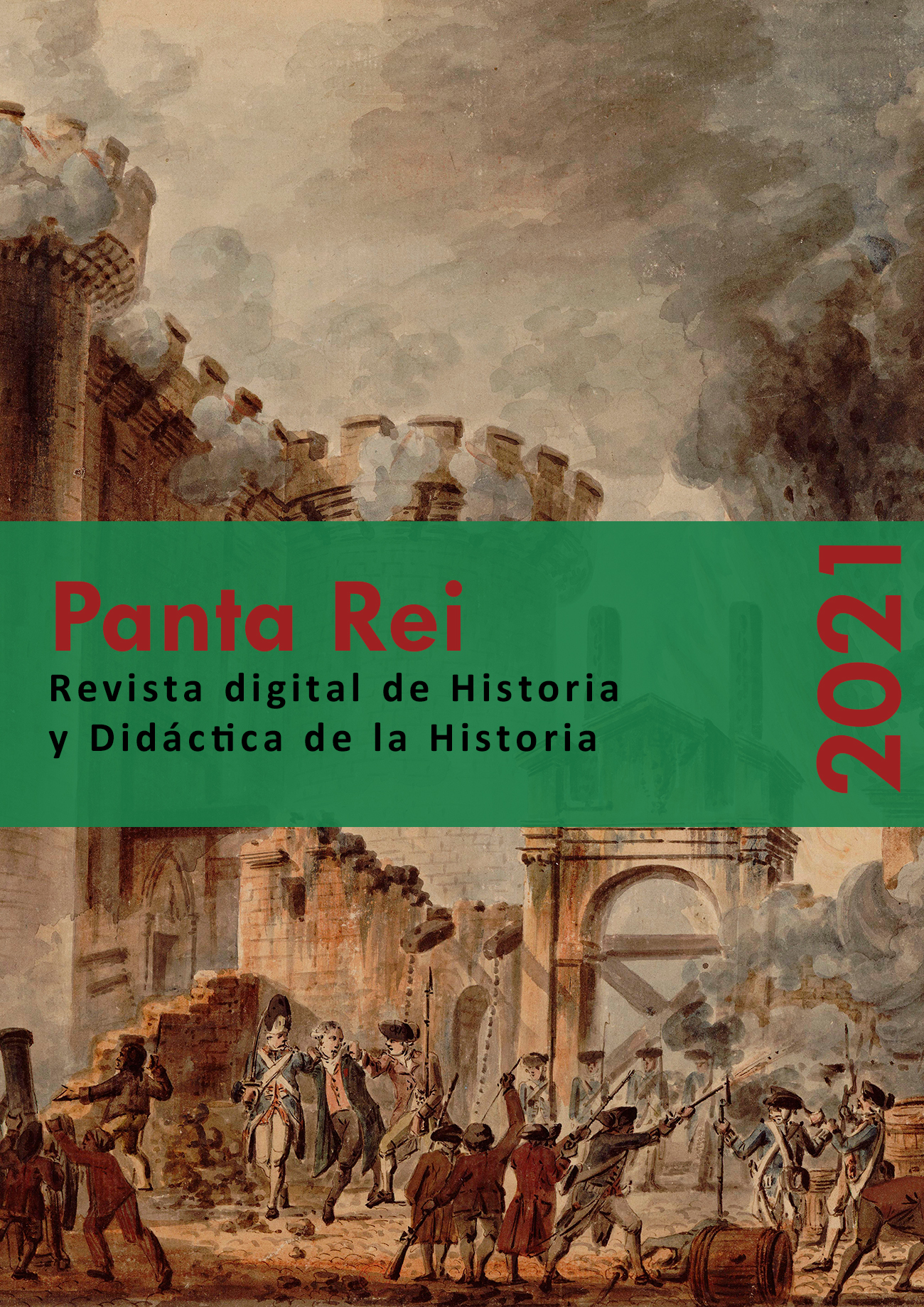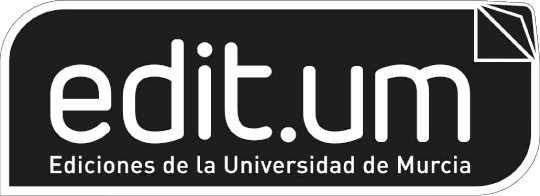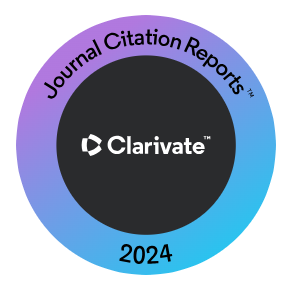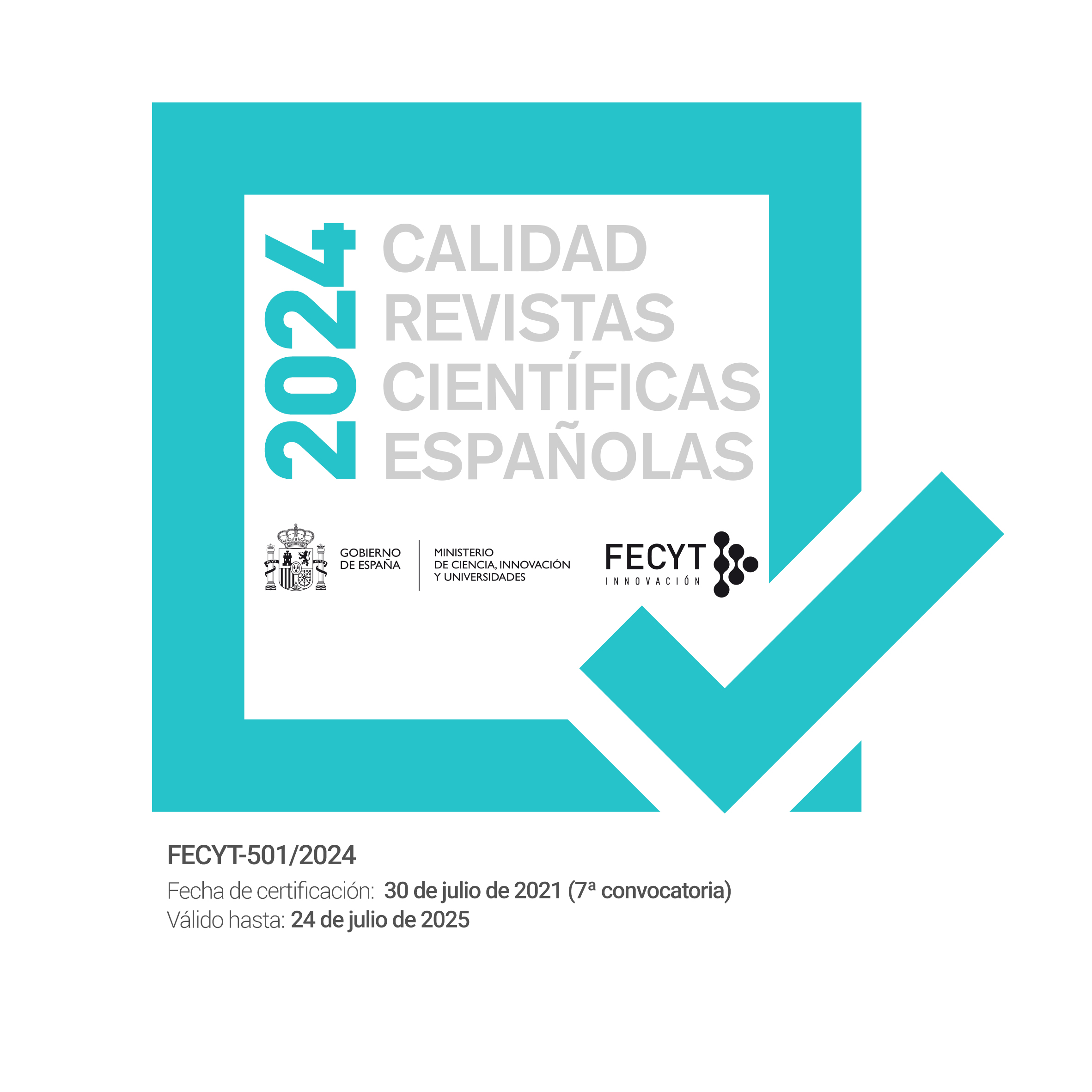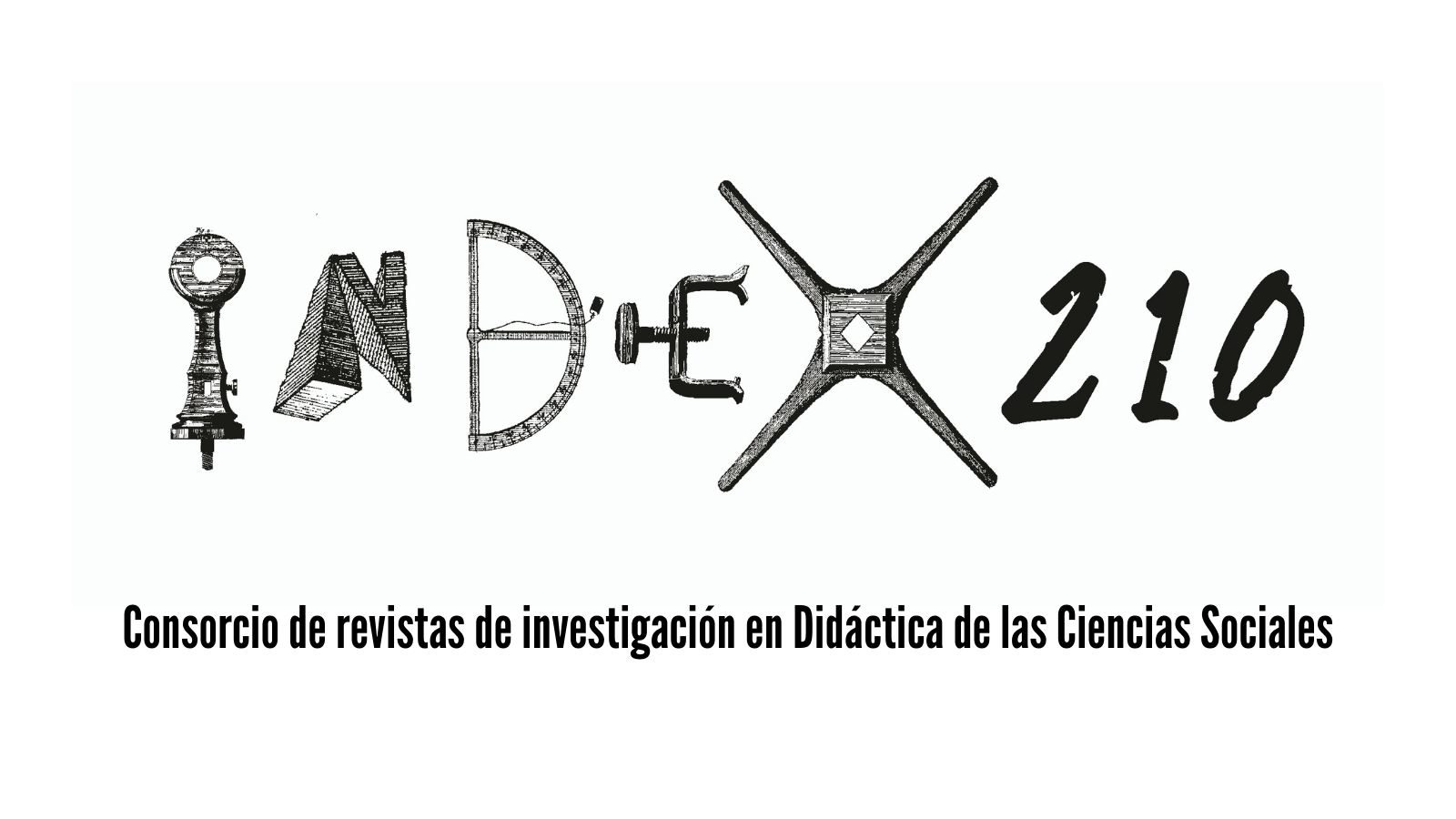‘What did it achieve?’ – Students’ conceptions about the significance of the French Revolution
Abstract
This study presents students’ conceptions about the consequences and significance of the French Revolution. The data were collected from Swiss ninth graders (15 to 16 years old; N=22) by means of group discussions and problem-centred interviews. The data were evaluated using a reconstructive qualitative method. The students’ historical thinking is dominated by a belief in progress and paramount presentism. The adolescents feel entangled in the history of the French Revolution, it has a symbolic and present-future significance (Cercadillo). Thus, they construct historical significance in an exemplary way (Rüsen). These explanatory patterns are anchored in the everyday conceptions of the students and not in an academic understanding of history. Therefore, teachers should cognitively model learners’ thinking by showing how historians narrate and construct the historical significance of the French Revolution, by making this second-order concept explicit and by giving them the opportunity to explore different types of narrative (Rüsen).
Downloads
-
Abstract1706
-
PDF833
-
EPUB646
References
Barton, K. C. (2008). Research on Students’ Idea about History. In L. S. Levstik & C. A. Tyson (Eds.), Handbook of Research in Social Studies Education (pp. 239–258). Taylor & Francis.
Bohnsack, R. (2010). Documentary Method and Group Discussions. In R. Bohnsack, N. Pfaff, & W. Weller (Eds.), Qualitative Analysis and Documentary Method in International Educational Research (pp. 99–124). Verlag Barbara Budrich.
Borries, B. von. (2011). Historical consciousness and historical learning: Some results of my own empirical research. In L. Perikleous & D. Shemilt (Eds.), The future of the past: Why history education matters (pp. 283–321). Kailas. Retrieved from https://www.academia.edu/1489447/Perikleous_L._and_Shemilt_D._eds_2011_The_future_of_the_past_Why_history_education_matters_Nicosia_AHDR
Cercadillo, L. (2000). Significance in History: Students’ Ideas in England and Spain (PhD Degree in Education, University of London, IoE). University of London, IoE. Retrieved from https://discovery.ucl.ac.uk/id/eprint/10006632/1/326146.pdf
Chapman, A., & Georgiou, M. (2021). Powerful knowledge building and conceptual change research: Learning from research on “historical accounts” in England and Cyprus. In A. Chapman (Ed.), Knowing History in Schools. Powerful knowledge and the powers of knowledge (pp. 72–96). UCL Press. https://doi.org/10.14324/111.9781787357303
Collins, A., Brown, J. S., & Newman, S. E. (1989). Cognitive Apprenticeship: Teaching the Crafts of Reading, Writing, and Mathematics. In L. B. Resnick (Ed.), Knowing, learning, and instruction. Essays in honor of Robert Glaser (pp. 453–494). Routledge.
Danto, A. C. (1980). Analytische Philosophie der Geschichte (Erste Auflage). Frankfurt aM: Suhrkamp.
Duit, R., Gropengießer, H., Kattmann, U., Komorek, M., & Parchmann, I. (2012). The Model of Educational Reconstruction – a Framework for Improving Teaching and Learning Science1. In D. Jorde & J. Dillon (Eds.), Science Education Research and Practice in Europe (pp. 13–37). Rotterdam: SensePublishers. https://doi.org/10.1007/978-94-6091-900-8_2
Engels, J. I. (2003). Kontinuitäten, Brüche, Traditionen. Die Französische Revolution von 1789. In K. E. Müller (Ed.), Historische Wendeprozesse: Ideen, die Geschichte machten (pp. 204–230). Freiburg: Herder.
Fuchs, R.-P., & Onken, B. (Eds.). (2020). Die Französische Revolution: Geschichte - Erinnerung - Unterricht. Frankfurt am Main: Wochenschau Verlag.
Gautschi, P. (2015). Guter Geschichtsunterricht: Grundlagen, Erkenntnisse, Hinweise. SchwalbachTs: Wochenschau Verlag.
Gautschi, P., Moser, D. V., Reusser, K., & Wiher, P. (Eds.). (2007). Geschichtsunterricht heute: Eine empirische Analyse ausgewählter Aspekte. Bern: hep.
Goertz, H.-J. (2007). Geschichte—Erfahrung und Wissenschaft. Zugänge zum historischen Erkenntnisprozess. In H.-J. Goertz (Ed.), Geschichte: Ein Grundkurs (3., revidierte und erweiterte Auflage, pp. 19–47). Reinbek bei Hamburg: Rowohlt.
Gottlieb, E., & Wineburg, S. (2012). Between Veritas and Communitas: Epistemic Switching in the Reading of Academic and Sacred History. Journal of the Learning Sciences, 21(1), 84–129. https://doi.org/10.1080/10508406.2011.582376
Günther-Arndt, H. (2014). Historisches Lernen und Wissenserwerb. In H. Günther-Arndt & M. Zülsdorf-Kersting (Eds.), Geschichtsdidaktik. Praxishandbuch für die Sekundarstufe I und II (6., überarbeitete Neuauflage, pp. 24–49). Berlin: Cornelsen Scriptor.
Haydn, T., & Harris, R. (2010). Pupil perspectives on the purposes and benefits of studying history in high school: A view from the UK. Journal of Curriculum Studies, 42(2), 241–261. https://doi.org/10.1080/00220270903403189
Hopmann, S., & Riquarts, K. (1995). Didaktik und/oder Curriculum: Grundprobleme einer international vergleichenden Didaktik. Zeitschrift für Pädagogik. Beiheft, 33.
Horlacher, R. (2016). The educated subject and the German concept of Bildung: A comparative cultural history. New York: Routledge. http://dx.doi.org/10.4324/9781315814667
Hunt, L. (2004). Politics, culture, and class in the French Revolution (20th anniversary ed.). University of California Press.
Kölbl, C. (2004). Geschichtsbewußtsein im Jugendalter, Grundzüge einer Entwicklungspsychologie historischer Sinnbildung (1. Aufl.). Bielefeld: transcript Verlag. https://doi.org/10.14361/9783839401798
Körber, A. (2015). Historical consciousness, historical competencies – and beyond? Some conceptual development within German history didactics. pedocs. Retrieved from http://nbn-resolving.de/urn:nbn:de:0111-pedocs-108118
Körber, A., & Meyer-Hamme, J. (2015). Historical Thinking, Competencies, and Their Measurement: Challenges and Approaches. In K. Ercikan & P. Seixas (Eds.), New directions in assessing historical thinking (pp. 89–101). Routledge. https://doi.org/10.4324/9781315779539
Körber, A., Schreiber, W., & Schöner, A. (Eds.). (2007). Kompetenzen historischen Denkens: Ein Strukturmodell als Beitrag zur Kompetenzorientierung in der Geschichtsdidaktik. Neuried: Ars Una. Retrieved from http://edoc.ku-eichstaett.de/1715/1/1715_Kompetenzen_historischen_Denkens._Ein_Strukturmodell_al.pdf
Lévesque, S. (2008). Thinking historically: Educating students for the twenty-first century. University of Toronto Press.
Limón, M. (2002). Conceptual Change in History. In M. Limón & L. Mason (Eds.), Reconsidering Conceptual Change: Issues in Theory and Practice (pp. 259–289). Springer Netherlands. https://doi.org/10.1007/0-306-47637-1_14
Limón, M. (2003). The Role of Domain-Specific Knowledge in Intentional Conceptual Change. In G. M. Sinatra & P. R. Pintrich (Eds.), Intentional Conceptual Change (pp. 133–170). Routledge. https://doi.org/10.4324/9781410606716-11
Mathis, C. (2009). Schülervorstellungen zur Französischen Revolution. Ein Vergleich zwischen Schülerinnen und Schülern der 9. Klasse in der deutsch- und französischsprachigen Schweiz. In J. Hodel & B. Ziegler (Eds.), Forschungswerkstatt Geschichtsdidaktik 07. Beiträge zur Tagung „geschichtsdidaktik empirisch 07“(pp. 100–110). Hep verlag.
Mathis, C. (2015). “Irgendwie ist doch da mal jemand geköpft worden”: Didaktische Rekonstruktion der Französischen Revolution und der historischen Kategorie Wandel. Baltmannsweiler: Schneider Hohengehren.
Mathis, C. (2016). “The Revolution Is Not Over Yet”. German Speaking Ninth Graders’ Conceptions Of The French Revolution. History Education Research Journal, 14(1), 81–92. https://doi.org/info:doi/10.18546/HERJ.14.1.07
Rüsen, J. (1994). Historisches Lernen: Grundlagen und Paradigmen. Böhlau.
Rüsen, J. (2004). Historical consciousness: Narrative structure, moral function, and ontogenetic development. In P. Seixas (Ed.), Theorizing historical consciousness (pp. 63–85). Toronto: University of Toronto Press. Retrieved from http://www.joern-ruesen.de/5.089_Historical_Consciousness_2.pdf
Rüsen, J. (2005). History: Narration, Interpretation, Orientation. Berghahn Books.
Rüsen, J. (2013). Historik: Theorie der Geschichtswissenschaft. Böhlau.
Savenije, G., Boxtel, C. van, & Grever, M. (2014). Sensitive ‘Heritage’ of Slavery in a Multicultural Classroom: Pupils’ Ideas Regarding Significance. British Journal of Educational Studies, 62(2), 127–148. https://doi.org/10.1080/00071005.2014.910292
Schreiber, W., Körber, A., Borries, B. von, Krammer, R., Leutner-Ramme, S., Mebus, S., Ziegler, B. (Eds.). (2006). Historisches Denken: Ein Kompetenz-Strukturmodell (2. Aufl). Ars una. Retrieved from http://edoc.ku-eichstaett.de/1768/1/Sonderdruck_Kompetenzen.pdf
Seixas, P., & Morton, T. (2013). The big six historical thinking concepts. Nelson Education.
Seixas, P., Peck, C., & Poyntz, S. (2011). 'But we didn’t live in those times’: Canadian students negotiate past and present in a time of war. Education as Change, 15(1), 47–62. https://doi.org/10.1080/16823206.2010.543089
Stoel, G. L., van Drie, J. P., & van Boxtel, C. A. M. (2017). The effects of explicit teaching of strategies, second-order concepts, and epistemological underpinnings on students’ ability to reason causally in history. Journal of Educational Psychology, 109(3), 321–337. https://doi.org/10.1037/edu0000143
Straub, J. (1999). Handlung, Interpretation, Kritik: Grundzüge einer textwissenschaftlichen Handlungs- und Kulturpsychologie de Gruyter.
Van Boxtel, C., & van Drie, J. (2018). Historical reasoning: Conceptualizations and educational applications. In S. A. Metzger & L. M. Harris (Eds.), The Wiley international handbook of history teaching and learning (pp. 149–176). Wiley-Blackwell.
VanSledright, B., & Maggioni, L. (2016). Epistemic Cognition in History. In J. A. Greene, W. A. Sandoval, & I. Braten (Eds.), Handbook of epistemic cognition (pp. 128–146). Routledge.
Witzel, A., & Reiter, H. (2012). The problem-centred interview: Principles and practice. Sage.
Copyright (c) 2021 Christian Mathis

This work is licensed under a Creative Commons Attribution-ShareAlike 4.0 International License.
All the contents published in this journal are subject to an Attribution-ShareAlike 4.0 International (CC BY-SA 4.0) Creative Commons License. You are free to: Share — copy and redistribute the material in any medium or format, Adapt — remix, transform, and build upon the material, for any purpose, even commercially. Under the following terms:
Attribution — You must give appropriate credit, provide a link to the license, and indicate if changes were made. You may do so in any reasonable manner, but not in any way that suggests the licensor endorses you or your use.
ShareAlike — If you remix, transform, or build upon the material, you must distribute your contributions under the same license as the original.
Full text of the license is available in: Creative Commons License 

